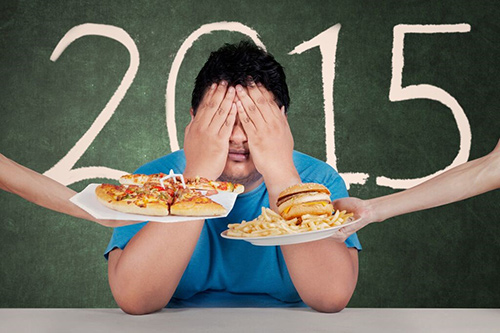
It’s a fair assumption to conclude that most people know how it feels to be judged on appearance alone. So many unfair stigmas exist – stigmas that can make it difficult to live a full life. The worst part is, in many cases, these stigmas have no basis in reality!
Here are just five of the most common stigmas faced by people that are obese:
People with obesity are lazy.
It’s easy to imagine an obese person gaining weight because he or she spends all day sitting on the couch, isn’t it? But most people battling obesity only wish they could spend their days being lazy – just like any other busy person. Obesity is much more complicated than a side-effect of laziness.
People with obesity don’t care about their health.
Google “health at every size” and see just how many bloggers, vloggers and online personalities are laying the smack-down on this stigma every day. Health and exercise blogs directed at an obese audience are becoming more popular all the time, with everything from dancing to yoga being demonstrated and encouraged.
People with obesity are gluttons.
That cliché image of a rotund Henry VIII with a turkey leg in one hand and a wine goblet in the other just won’t die, will it? Stigmas such as this make it embarrassing for many overweight and people that are obese to so much as eat – or even grocery shop – in public. There’s hardly a single soul battling obesity who doesn’t know how it feels to restrict calories, try all-liquid diets and struggle to ignore hunger pangs, all in the name of weight loss.
People with obesity are uneducated.
Assuming that all people that are obese are uneducated is false logic at its worst. There are obese healthcare professionals, lawyers, scientists. Many highly educated people also happen to have a higher BMI than what’s considered healthy. The prevailing belief is that an educated person “should know better” – but how many unhealthy habits (such as smoking) are practiced by people who know better, after all?
People with obesity are poor.
Just like with No. 4, it’s true that there’s been a link made between poverty and obesity. The fact is, people with little money often don’t have access to more expensive, healthier food. High-fat, processed food is cheaper and easier to access. Again, however, this doesn’t mean that all people that are obese are poor. Pastries sold at Whole Foods can be just as high in calories as those sold at Dunkin Donuts!
Other causes of obesity
There’s much more to obesity than any stigma. Sometimes, obesity is a side-effect of another health condition. Polycystic ovarian syndrome (PCOS), for example, has been linked to obesity, as this condition causes an excess production of insulin, or production of insulin that doesn’t work as it should. This can lead women with PCOS to gain weight that’s difficult to lose.
Then there are medications, such as steroids, that come with severe weight gain as a side effect. Not to mention the fact that obesity tends to run in families – after all, if a child is brought up thinking that overeating/eating processed, high-fat food is the norm, he or she will carry that belief into adulthood.
It’s human nature to want to quickly categorize and explain what we see around us, but obesity is far too complicated a condition to be pigeonholed so easily. These attitudes are far-reaching, however, and people that are obese suffer daily from shame and embarrassment – even if they know none of the stigmas apply to them. Only education and compassion will make it possible for these stigmas to be erased permanently.
You might also be interested in: Hit the road with a healthy eating plan while traveling

